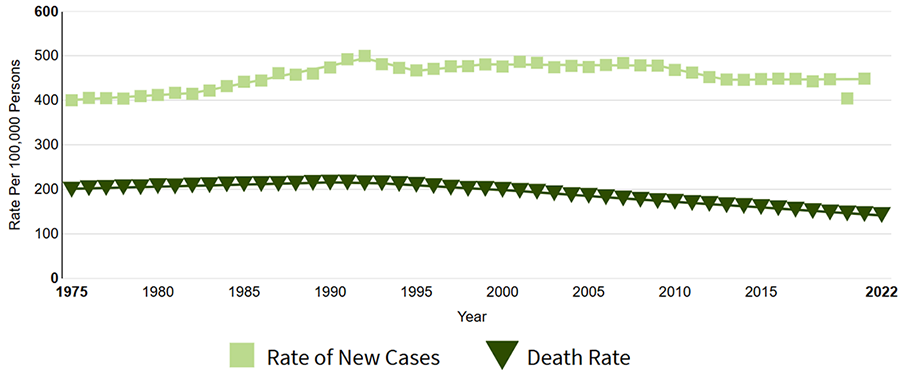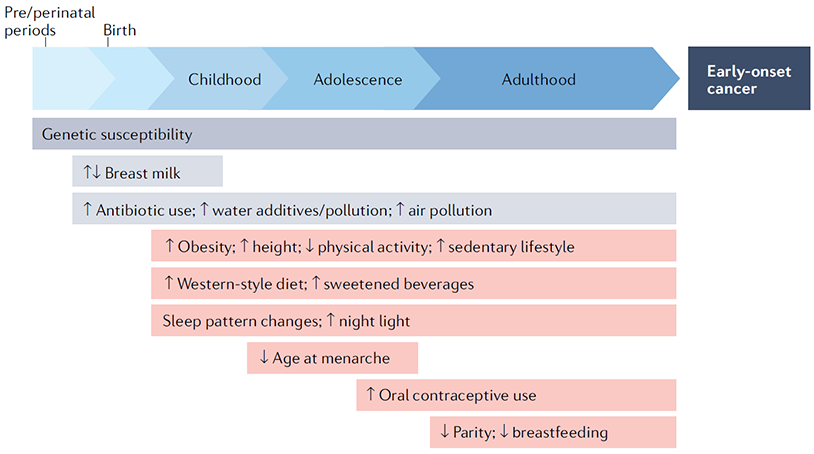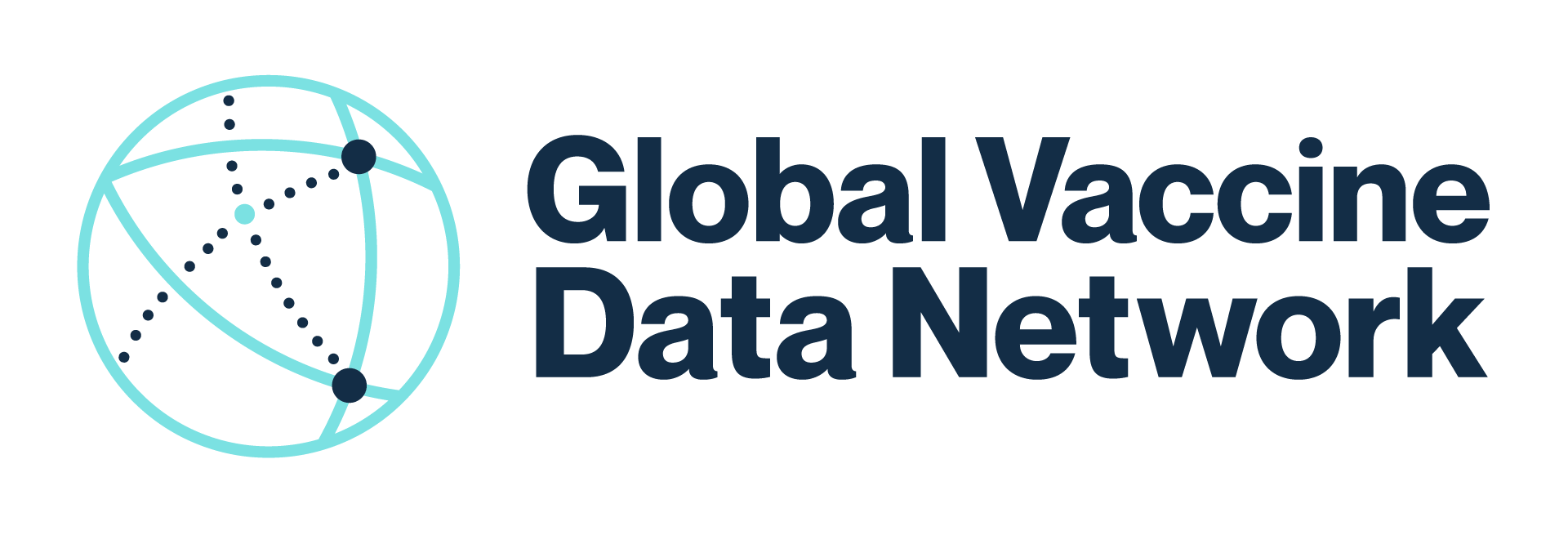Amidst the post-COVID vaccine world, a curious term, "Turbo Cancer," has emerged in anti-vaccine circles. The claim? That mRNA vaccines are causing an epidemic of fast-growing, aggressive cancers. However, let’s dive into the science and show why this doesn’t hold up.
- Vaccines are designed to protect – not harm.
- The invention that mRNA vaccines are causing an epidemic of aggressive cancers is unfounded, and cancer epidemiology provides no support for the "Turbo Cancer" narrative.
- Vaccines are one of our best defences against virus-related cancers.
- Next time you hear "Turbo Cancer" remember it’s a theory in search of facts, and the facts just aren’t there.
What Is "Turbo Cancer"?
"Turbo Cancer" is a term loosely thrown around by conspiracy theorists to describe supposedly aggressive and fast-developing cancers seen post-vaccination. However, it lacks a clear medical definition or evidence. The idea is more a product of anecdotal reports and maligned manipulation of people’s fear than any scientific basis.
In reality, many people delayed cancer screenings and treatments during the pandemic due to healthcare disruptions. This means that cancers that would have been detected earlier are being diagnosed at more advanced stages now—giving the illusion of "faster-growing" or more aggressive cancers.
Viruses, bacteria, and cancer: The real connection
Certain viruses are well-established in causing cancer, a process known as oncogenesis. For example:
- Human papillomavirus (HPV) causes cervical, oropharyngeal, and other cancers.
- Hepatitis B and C viruses are linked to liver cancer.
- Epstein-Barr virus (EBV) has ties to certain lymphomas and nasopharyngeal cancer.
- Helicobacter pylori (H. pylori) infection increases the risk of stomach cancer.
Even SARS-CoV-2, the virus behind COVID-19, has been investigated for a possible association with cancer, though studies so far show limited evidence of direct causation. Like other viral infections, severe inflammation from SARS-CoV-2 can dysregulate the immune system, but this doesn’t mean it directly causes cancer. Vaccines, on the other hand, can reduce and prevent cancer risk by preventing viral infections (e.g., HPV and hepatitis vaccines) or treat cancer by providing personalised immunotherapy.
Vaccines protect against cancer, not cause it
Vaccines are one of the most successful tools in preventing virus-related cancers. HPV vaccines, for example, have dramatically reduced the rates of cervical and other HPV-related cancers worldwide. Similarly, hepatitis vaccines reduce the risk of liver cancer by preventing chronic infections that can lead to malignancies.
mRNA vaccines, like those for COVID-19, have a different mechanism. They do not contain live virus or long-lived genetic material capable of altering cellular DNA. Thus, there is no plausible mechanism by which mRNA vaccines could cause cancer.
Logic check
Vaccines of all kinds have been used for centuries and so far, none have been associated with an increase in cancer risk. No plausible mechanism proposed for this new invention, and it really lacks substance. However, let’s just fact check what is being said.
According to a key proponent there are three mechanisms:
Claim 1: “mRNA in the vaccines can impair DNA repair”
Fact-check:
![]() Nope. mRNA can’t access the nucleus, end of story.
Nope. mRNA can’t access the nucleus, end of story.
Claim 2: “the Spike protein S2 segment from the vaccine but not the infection appears to inhibit the P52 and BRCA tumour suppressor systems…”
Fact-check:
![]() mRNA vaccines have been extensively studied, with no verified link between vaccination and disruption of tumour suppressor functions in a way that increases cancer risk identified. mRNA vaccines deliver spike protein temporarily, and the components are rapidly degraded. No solid experimental evidence suggests a real impact on cancer progression in vaccinated individuals. Nor biological mechanism.
mRNA vaccines have been extensively studied, with no verified link between vaccination and disruption of tumour suppressor functions in a way that increases cancer risk identified. mRNA vaccines deliver spike protein temporarily, and the components are rapidly degraded. No solid experimental evidence suggests a real impact on cancer progression in vaccinated individuals. Nor biological mechanism.
Claim 3:“mRNA vaccines have process-related impurities…DNA fragments…”
Fact- check:
![]() Nope. This has been thoroughly addressed.
Nope. This has been thoroughly addressed.
Where is the surge of cancers?
The claim of "Turbo Cancer" suggests a rapid, unexplained surge in aggressive cancers following mass vaccination. But what does the data show?
Cancer epidemiology: Numerous studies and population-wide cancer registries, including those from countries with high vaccination rates, show no significant rise in cancer incidence that correlates with COVID-19 vaccination e.g., U.S. below.

New cases come from SEER 8. Deaths come from U.S. mortality. All races, Both sexes. Rates are age-adjusted. Modelled trend lines were calculated from the underlying rates using the Joinpoint Trend Analysis Software. The 2020 incidence rate is displayed but not used in the fit of the trend line(s), see Impact of COVID on SEER Cancer Incidence 2020 data.
Source: NIH National Cancer Institute. Cancer stat facts: Cancer of any site. Available at: https://seer.cancer.gov/statfacts/html/all.html
However, cancer incidence rates have risen significantly in younger generations, notably among those born since 1920, and even more so in the 1990 birth cohort compared to earlier cohorts. Specifically, cancers such as small intestine, kidney, pancreas, and liver (in women) have seen a substantial increase in incidence. Certain cancers that previously declined, such as breast, uterine, colorectal, and gallbladder, are now on the rise in recent cohorts. Mortality rates have increased alongside incidence for some cancers (e.g., liver, uterine), while most other cancers have shown either a decrease or stabilisation in mortality despite rising incidence rates.
Proposed reasons
Increased cancer rates among recent generations suggest rising exposure to carcinogenic factors early in life, possibly due to lifestyle and environmental shifts. Obesity-related cancers (e.g., colorectal, uterine, pancreatic) are prominent, aligning with rising obesity rates and associated metabolic conditions. Other contributing factors may include changes in diet (e.g., increased processed foods), sedentary lifestyles, altered microbiomes, reproductive changes, and alcohol use. Environmental shifts, such as increased exposure to chemicals, may also play a role. Finally, improved detection and early diagnosis may partly explain rising incidence for certain cancers, though the heightened risk in younger generations suggests an underlying increase in exposure to cancer-promoting factors.

Individual life-course exposures and their relationship with the development of early-onset cancers.
Source Ugai et al. 2022. Is early-onset cancer an emerging global epidemic? Current evidence and future implications. Available at: https://www.nature.com/articles/s41571-022-00672-8
NOT vaccines
Clinical trials and follow-up studies of mRNA vaccines, involving millions of participants, have not found any increased cancer risk. Monitoring systems like VAERS and pharmacovigilance programmes worldwide are closely tracking health outcomes, and cancer is not one of the red flags. In other words, an absence of evidence.
Cancer agencies including the NIH National Cancer Institute and American Cancer Society have no evidence to support the claims.
Fact-check: Vaccines and cancer epidemiology
![]() 1. No surge in cancer rates: Large studies from the U.S., U.K., and Europe have shown no unusual rise in cancer rates linked to vaccines. Cancer registries remain stable. Increasing trends in younger cohorts appeared years ago not since pandemic.
1. No surge in cancer rates: Large studies from the U.S., U.K., and Europe have shown no unusual rise in cancer rates linked to vaccines. Cancer registries remain stable. Increasing trends in younger cohorts appeared years ago not since pandemic.
2. mRNA safety data: Long-term safety data from clinical trials of mRNA vaccines shows no increased cancer risk. Monitoring systems are active and robust.
Why cancer scares and vaccines don't mix
Vaccines are designed to protect – not harm. The invention that mRNA vaccines are causing an epidemic of aggressive cancers is unfounded, and cancer epidemiology provides no support for the "Turbo Cancer" narrative. In fact, vaccines are one of our best defences against virus-related cancers.
Next time you hear "Turbo Cancer" remember it’s a theory in search of facts, and the facts just aren’t there.
